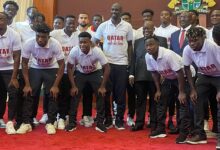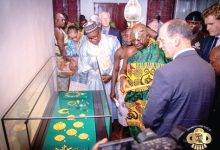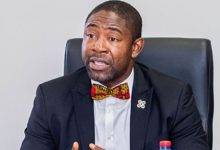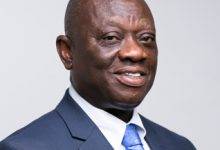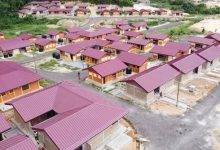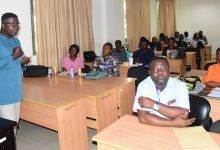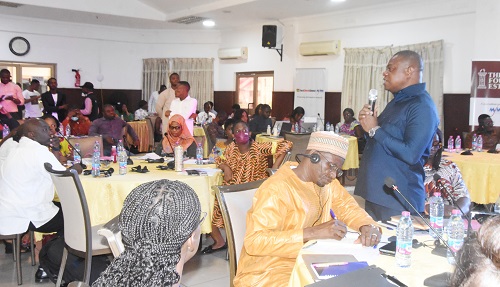
About 10 journalists from ten African countries have completed five month training on climate change issues to boost their knowledge and skills in reporting.
They were from Guinea, Ghana, Togo, Côte d’Ivoire, Benin, Nigeria Senegal, Burkina Faso, Mali and Niger.
The programme which began in November last year and ended in March this year was initiated by the Media Foundation for West Africa (MFWA) with funding from DW Akademie, a German Centre for International Media Development in journalism training.
The Director of Research and Advocacy, MFWA Dr Kojo Impraim said the foundation” Confronting the Climate Change Crisis in West Africa through Critical Journalism” raises a number of issues for reflection.
“The toxic effects of climate change constitute, in my humble submission, a global pandemic. Yet, global solutions to tackling climate change are yet to be amplified and enlarged,” he added.
DrImpraim said the fellowship sought to empower early-career journalists from the selected 10 countries to critically conduct high-quality, evidential, fact-based and in-depth reporting on climate change.
He said the 10 journalists have been equipped with methodologies and tools to carry out enquiries into climate change and environmental sustainability issues in West Africa.
“The journalists have also built capacities to report climate change impacts, consequences, policy actions and inactions by the government, businesses and the third sector, as well as, global and transnational negotiations, and local solutions that already exists in-countries,” he added
The Director said the climate was changing pervasive globally, stating that in West Africa, the common manifestations were changes in rainfall pattern, extreme heat waves, drought, flooding, poor air quality and potability of water.
The Chief Executive Officer of the Forestry Commission, Mr John Allotey stressed the need to bring the youth on board the discussion on critical areas relating to climate change that affect gender and the minority group.
“We need young men and women to speak on issues affecting their countries,”he added.
He admonished journalists to encourage networking from various countries to discuss issues that confront them.
On green Ghana Day, MrAllotey urged the public to plant more trees to protect the environment.
In an earlier panel discussion on the theme; ‘Confronting the climate change crises in West Africa – perspectives of key stakeholder,’ Mr David Quaye of the Ghana Metrological Agency said the media has a critical role to breach the gap between researchers and the public.
Mr Yaw SarpongDuah, a representative from the Africa Centre for Energy Policy said journalists must have in-depth knowledge on climate change issue to disseminate to the public.
A journalist from the Ghana News Agency, Mr Albert Ansah for his part stated that climate change was a threat to the globe, adding that “We must not let down our guard as journalists but must be educated on climate change issues to educate the public.”
Some of the topics that were discussed were introduction to climate change, global security threat, food and water insecurity, coast tourism development/coastal erosion, migration focusing on gender, tropical diseases and public health policies.
The rest were waste management, energy, the sustainable development goals/Natural resource, resource-efficient consumption, transport and urban development, managing the impacts, assessment of National climate change policies.
As part of the programme, the 10 journalists were presented with certificates and awards.
BY ANITA NYARKO-YIRENKYI

